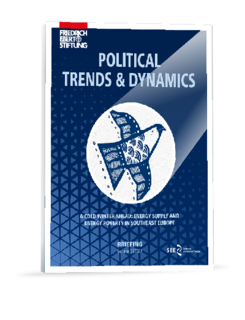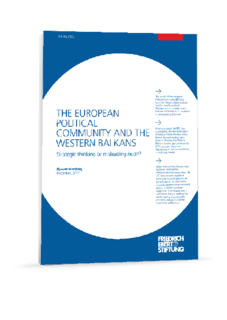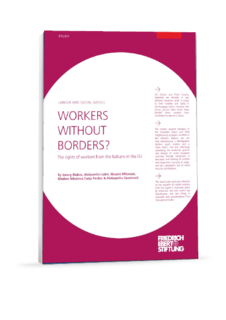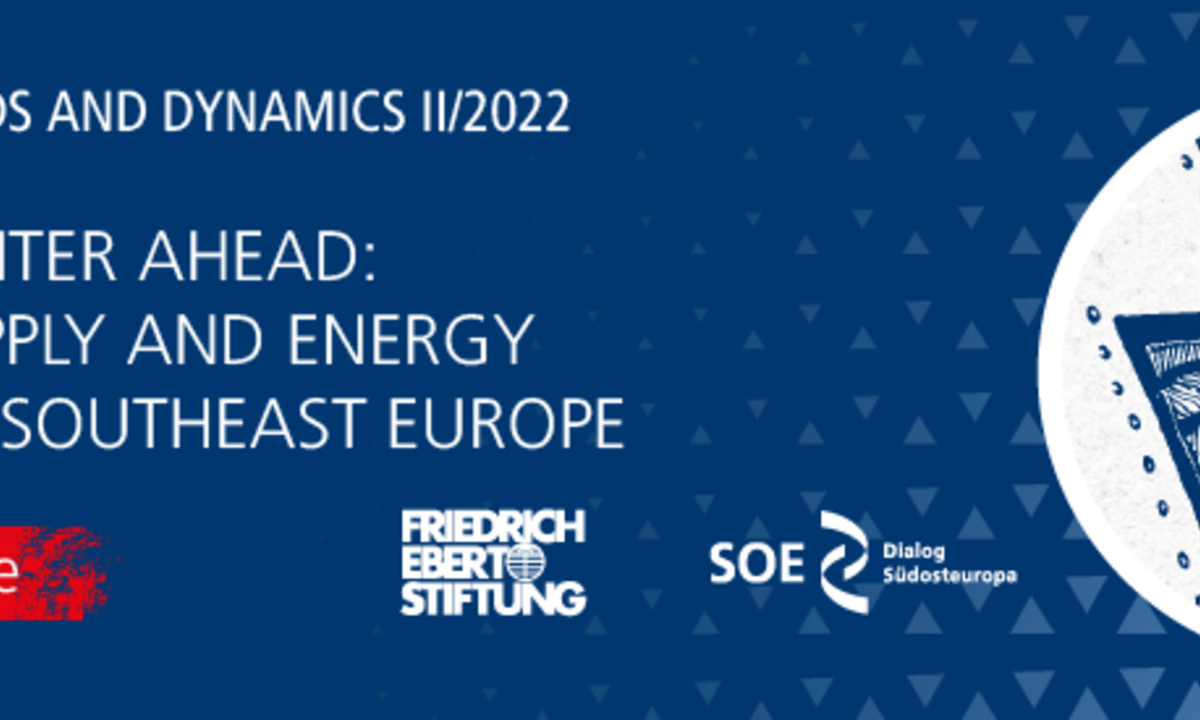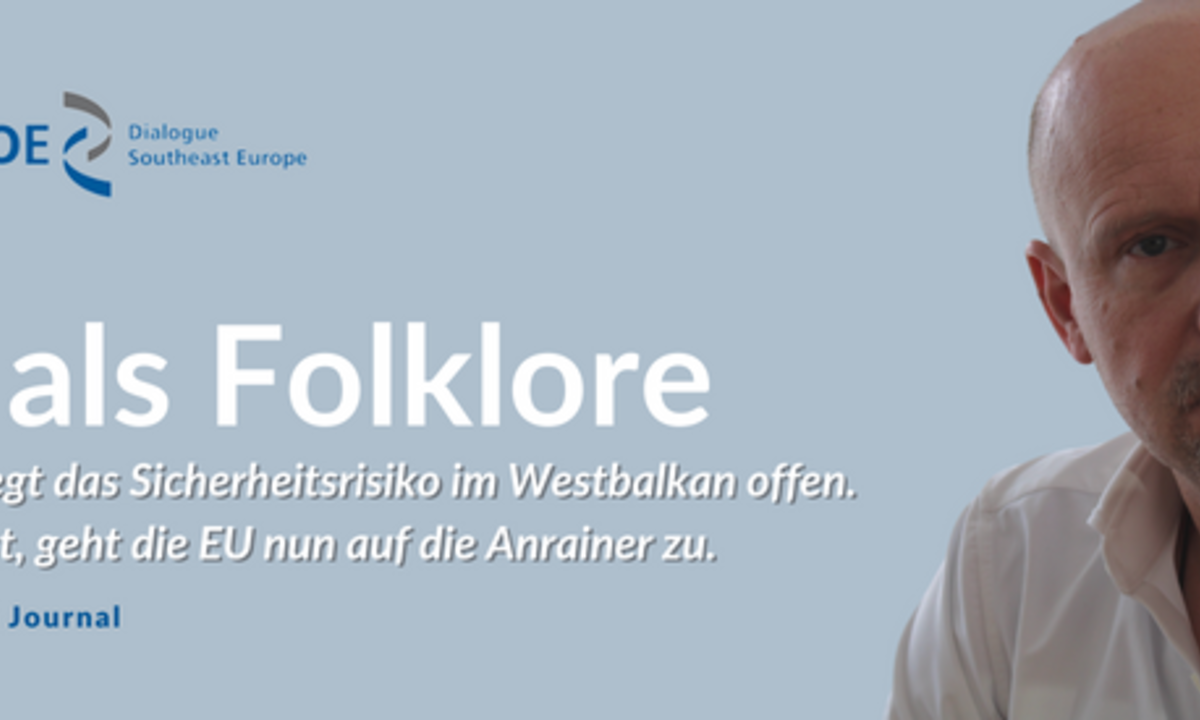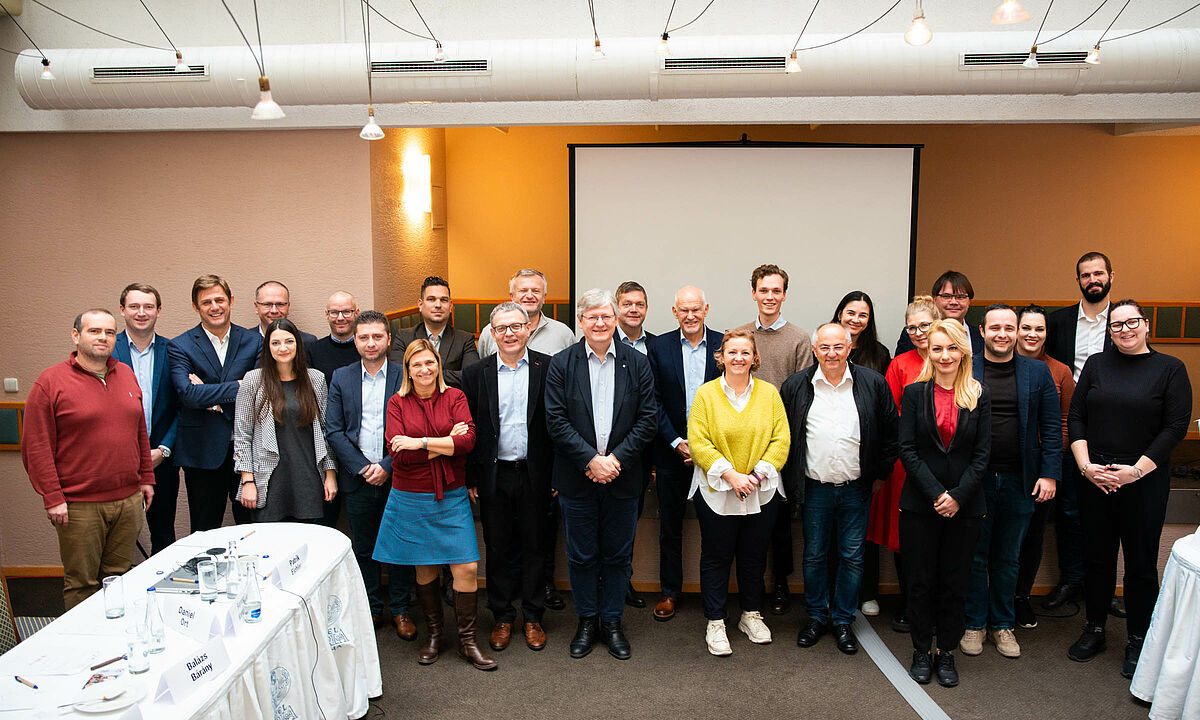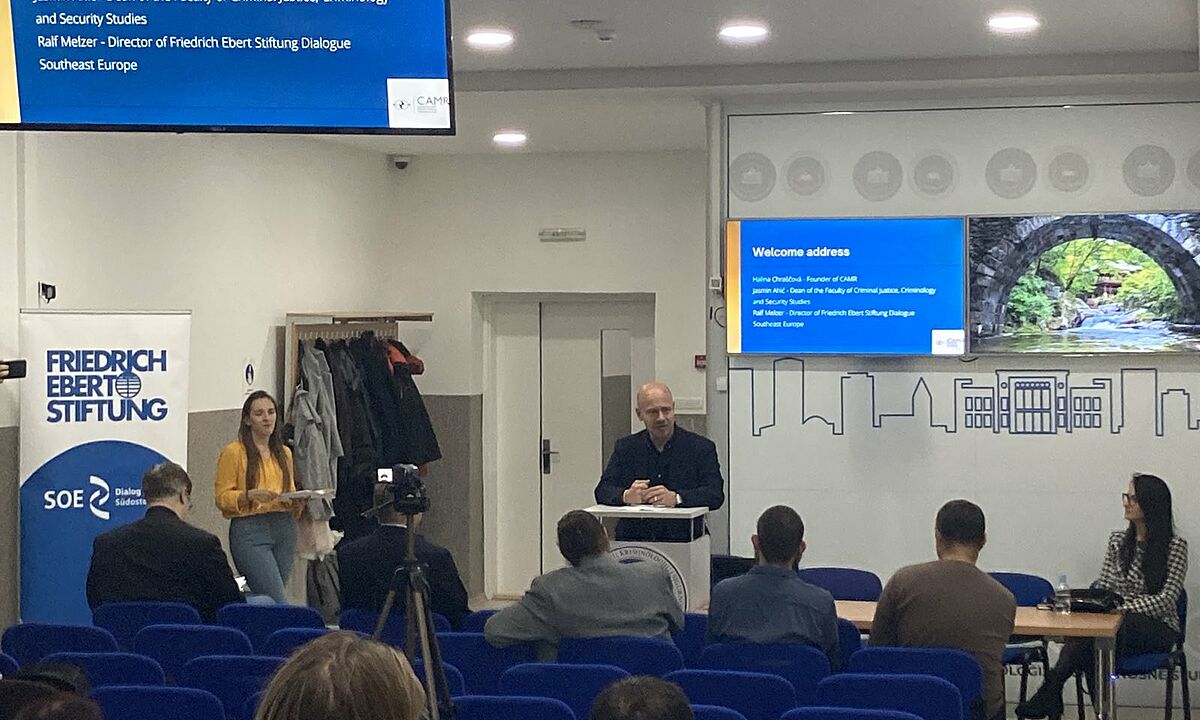Publications
| Publication, Publication Political Trends & Dynamics
05.12.2022
| Publication, Publication Social Democratic Politics and Values, News, Social Democratic Politics and Values
| Publication, Publication Social Democratic Politics and Values
05.09.2022
| Publication, News, Event
| Publication, Publication Political Trends & Dynamics
| Publication, Publication Social Democratic Politics and Values, Publication Social and Economic Justice
06.05.2022
| Publication, Publication Political Trends & Dynamics, News, Event
| Publication, Publication Political Trends & Dynamics
Friedrich-Ebert-Stiftung
Dialogue Southeast Europe
Kupreška 20, 71000 Sarajevo
Bosnia and Herzegovina
Team & Contact
Subscribe to our mailing list and receive our publications as soon as they are available: send us your contact info via info.soe(at)fes.de
